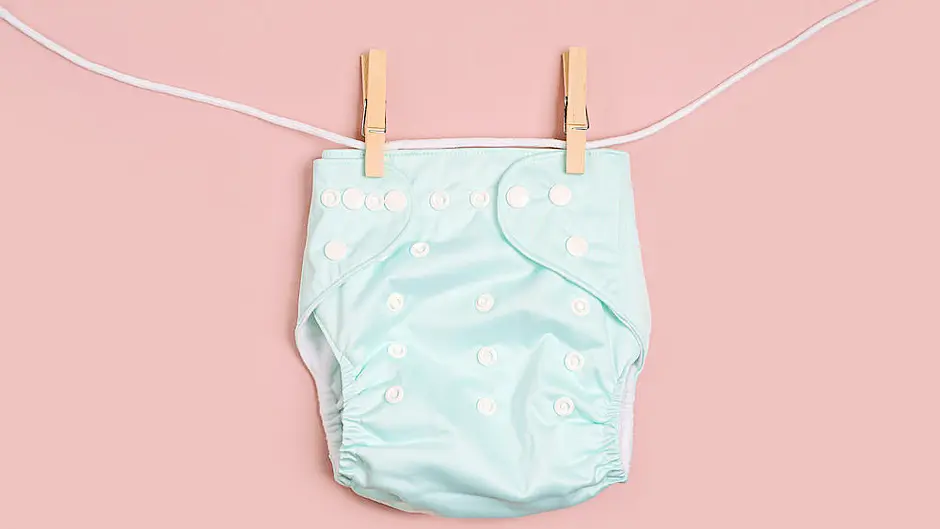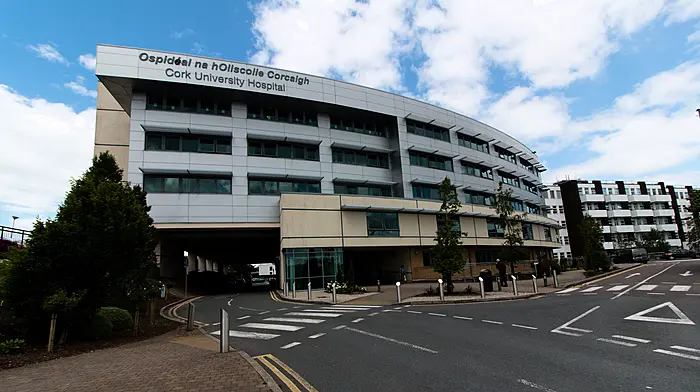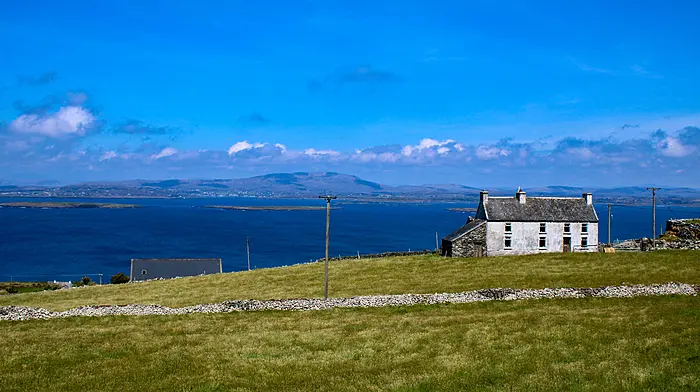BABIES require around 4,500 nappies before potty training – a figure that has been identified as one of the biggest contributors to plastic waste globally.
The issue was raised by Louis Duffy, Cork County Council’s environment director, during a review of the local authority’s environmental programme at a Western Divisional Committee meeting. ‘We are trying to reduce the amount of single-use plastic in nappies,’ he told the councillors as he outlined details of a new Cloth Nappy Incentive Scheme.
The rollout of the scheme is being led by Cork County Council and Cork City Council, with additional support from Kerry County Council, Limerick City and County Council, and Tipperary County Council.
As part of the initiative, families in Cork will receive free cloth nappy starter kits to tackle the environmental impact of disposable nappies. Through this scheme, a limited number of cloth nappy starter kits will be available to antenatal patients at Cork university Maternity Hospital.
The starter kit includes 10 cloth nappies, nappy inserts, a pack of 12 cloth wipes, a storage bag for used nappies before they go in the washing machine, and information on cloth nappies and wipes use. The 10 nappies provided in the bundle are mostly pocket- style nappies which can be used from 10lbs to potty training by altering the size of the nappy using the poppers.
Pocket nappies consist of a waterproof outer layer, a staydry inner lining, and an open pocket area in between the two layers where an absorbent insert(s) can be placed. Pocket inserts can be made from a variety of materials, such as microfibre, bamboo, cotton, bamboo cotton blends, organic cotton, hemp, or combinations of these materials and can be paired together to provide the desired level of absorbency.
During a wide-ranging discussion, Cllr Karen Coakley (Ind) paid tribute to CycleSense in Skibbereen for the good work it is doing in upgrading bicycles and putting them back into circulation.
Cllr Paul Hayes (Ind) also acknowledged the great work being done by Bike Circus in Skibbereen. And he asked if the local authority would be getting involved in the Re-Turn Ireland scheme, which encourages customers to use reverse vending machines to claim back a deposit on their bottles.
‘I am aware that some shops are rolling out the “bring back” scheme for bottles and cans but can we do that at our amenity sites?’ he asked.
Mr Duffy said retailers are starting to put the reverse vending machines in their stores, but at a cost of between €200,000 and €250,000 each, he said the local authority would not be in a position to meet such high capital investment at its civic amenity sites.
‘It is a producer’s responsibility,’ said Mr Duffy, who expressed the hope that people will change their patterns and bring back the bottles and cans.
‘Let’s see first how well it works in the retail outlets and see if we need to bring in something else,’ he added.
The council members also discussed the new brown bin collection system for compostable waste. From January, Mr Duffy said customers can avail of a brown bin collection.
‘Every service provider must give a brown bin to their customers so their compostable waste can be collected. ‘If collectors are refusing please notify the Council or the waste collection licensing authority because that is now a legal requirement,’ he stated.







